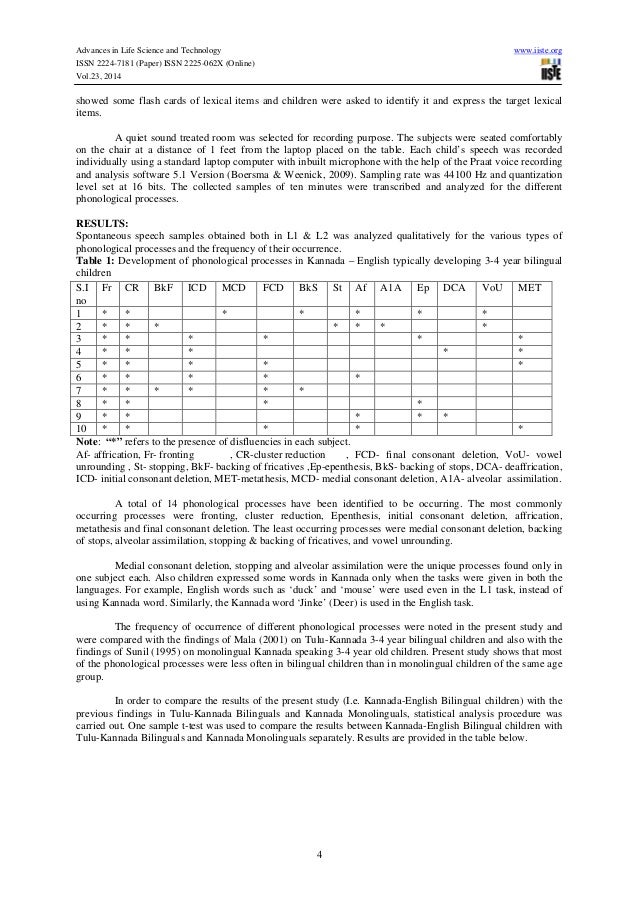

An evaluation of a speaker’s ability to understand a group of people can be carried out in this manner. When a speaker is perceived as highly intelligent, he or she demonstrates how well understood he or she is. The overall intelligence score of the child is the average of the multiple judges’ scores in this situation.

The percent-intelligible score of each listener is calculated by dividing their total number of words identified by their total number of words actually spoken.

The intelligibility of a speaker is determined by his vocal volume, distinctiveness of the sound, accurate pronunciation, articulation, and stress placed on syllables, words, and phrases. The ability of an audience to hear and comprehend words can be measured. In general, the more effort the listener has to put into understanding the speaker, the lower the intelligibility will be.Ĭommunication is all about in-the-loop details. Other factors can include the listener’s level of fatigue, the presence of background noise, and the listener’s level of expertise on the topic being discussed. There are a number of things that can affect intelligibility, with the most significant ones being the clarity of the speaker’s voice and the acoustics of the environment. What Affects Intelligibility The Most? Credit: This can make it difficult for listeners to understand what is being said. This process changes the sound of a word to make it more similar to the sound of the word that follows it. The phonological process with the greatest impact on intelligibility is the process of assimilation. These changes can impact the intelligibility of spoken language. Phonological processes are the changes in the sounds of spoken language.


 0 kommentar(er)
0 kommentar(er)
